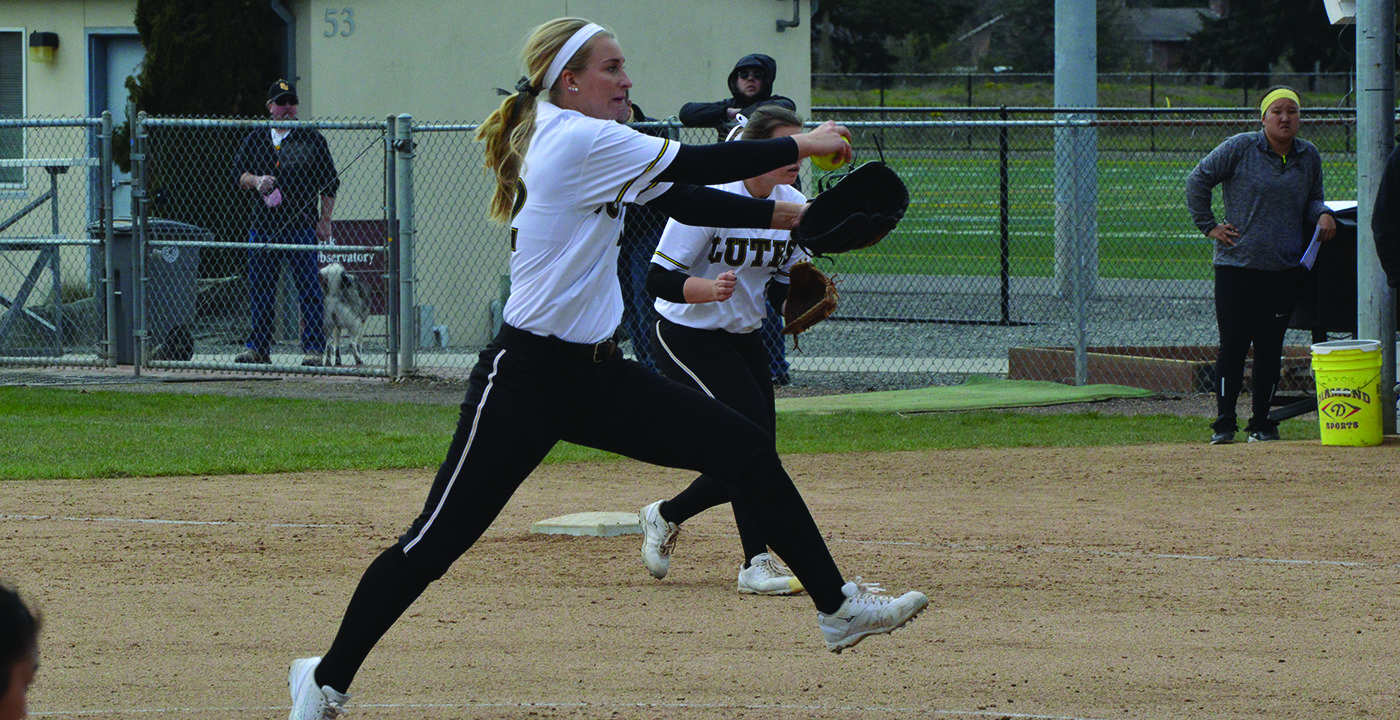By Giancarlo Santoro, Sports Writer
Corruption, greed, violence, inequality — for some, these words conjure up the thought of oppressive governmental regimes that most have heard in history class over the years. Nations like North Korea, Mexico and Somalia are viewed as shining examples of how the world shouldn’t be.
There are few ways to combat this type of injustice around the world, and for a good amount of the global population, sports are seen as a haven from the harsh realities of real life. Sports are always there, and they always give hope.
This winter and the upcoming summer feature two of the biggest sporting competitions ever created: the Winter Olympics in Sochi, Russia and the 2014 World Cup in Brazil. These are the competitions that dreams are made of.
Sports can give a future to some of the most down-trodden, poorest individuals. There’s always a light at the end of the tunnel. Young athletes from some of the most impoverished places in the world dream about competing in the Olympics or the World Cup, and there is nothing like watching your home country compete for glory.
Unfortunately, the good name of these events have been tarnished over the past few years, and a host of problems have been well documented by athletes, fans and the general public in both Brazil and Russia.
The biggest problem for both countries is money. A look at the chart below is telling when it comes to expenses versus returns, and neither event is expected to break even. It seems like astronomical costs lead to a variety of social and political problems.
| 2014 Sochi Olympics Russia | 2014 World Cup Brazil |
| Total Cost: $50 billion | Total Cost: $14.5 billion |
| Stadium Costs: $898 million | Stadium Costs: $3.5 billion |
| Boost to Economy: No monetary gain projected | Boost to Economy: $5-10 billion |
Money is obviously a huge issue, but it is only one of many connected with these competitions. Arguably the most troubling concern is the rampant corruption in various political and commercial sectors of Brazil and Russia.
From members of government, to private investors and building contractors, residents in Brazil’s slums have been forcefully evicted, their homes being demolished to make way for stadiums. Citizens have not reacted kindly, and many have turned to violence in areas around the country.
Protests are becoming more and more common by the day. Frustrated Brazilians are demanding the government focus on improving health, transportation, education and wage equality within the Brazilian society. The citizens argue that is more important than spending heaps of cash on the World Cup.
In terms of teams actually playing games in Brazilian stadiums, there are more questions than answers. Some stadiums are behind schedule, meaning construction crews are in a race against time to get ready by June.
Although Pacific Lutheran University won’t be hosting the Olympics anytime soon, or welcoming giddy soccer fans to East Field, the university does have experience with spending large amounts of money on buildings and fields.
Jeff Piaqaudio, a senior who spent four years on the PLU men’s soccer team, thinks otherwise. He believes sports should not outweigh the general needs of society.
“Even spending $2 million on the new turf field is not necessarily beneficial to PLU,” Piaquadio said. “It’s a luxury, because realistically it could be spent somewhere else. For the dollar value that is spent on sports, they are not beneficial enough to society.”
Both Brazilian and Russian officials have attempted to cover up the true facts about preparation and budgets, but the sad truth is that the media has spent more time focusing on the problems than actually covering the competition.
But now that Sochi’s costs have ballooned to more than all the previous Winter Olympics combined, people should be asking questions. The problem is that the individuals who are asked don’t tell the truth.
In an interview with Bloomberg Television, Deputy Prime Minister Arkady Dvorkovich said that the gain from the revenue of tourism “is huge.” Experts from Bloomberg think otherwise, and the chart earlier shows that Russia isn’t expected to make its investment back, and at $50 billion, they couldn’t.
Russian President Vladamir Putin originally claimed the budget for the games would be five times less than the current number, and it is believed that corruption has accounted for two-thirds of the money lost.
The president has not been a popular figure since the start of the games, and with the whole world watching, he even launched an anti-gay campaign only a week into the competition, much to the anger of global and Olympic officials.
Similarly to Brazil, the Russian public has questioned its government over gross spending that could be used to better the lives of Russians in need.
Numerous stories have surfaced talking about crumbling stadiums, unfinished hotel rooms and inadequate accommodations for tourists and athletes. The feeling is that everything was rushed, not at all dissimilar to Brazil.
The result has been massive boycotting of both events. Unfortunately for protestors, their efforts are likely in vain, as Sochi is already nearing completion, and Brazil has gotten too big to fail completely.
If anything, these similarities show us the ridiculous amount of money spent in a time where economies around the globe are struggling mightily. But the show must go on, as they say.



















